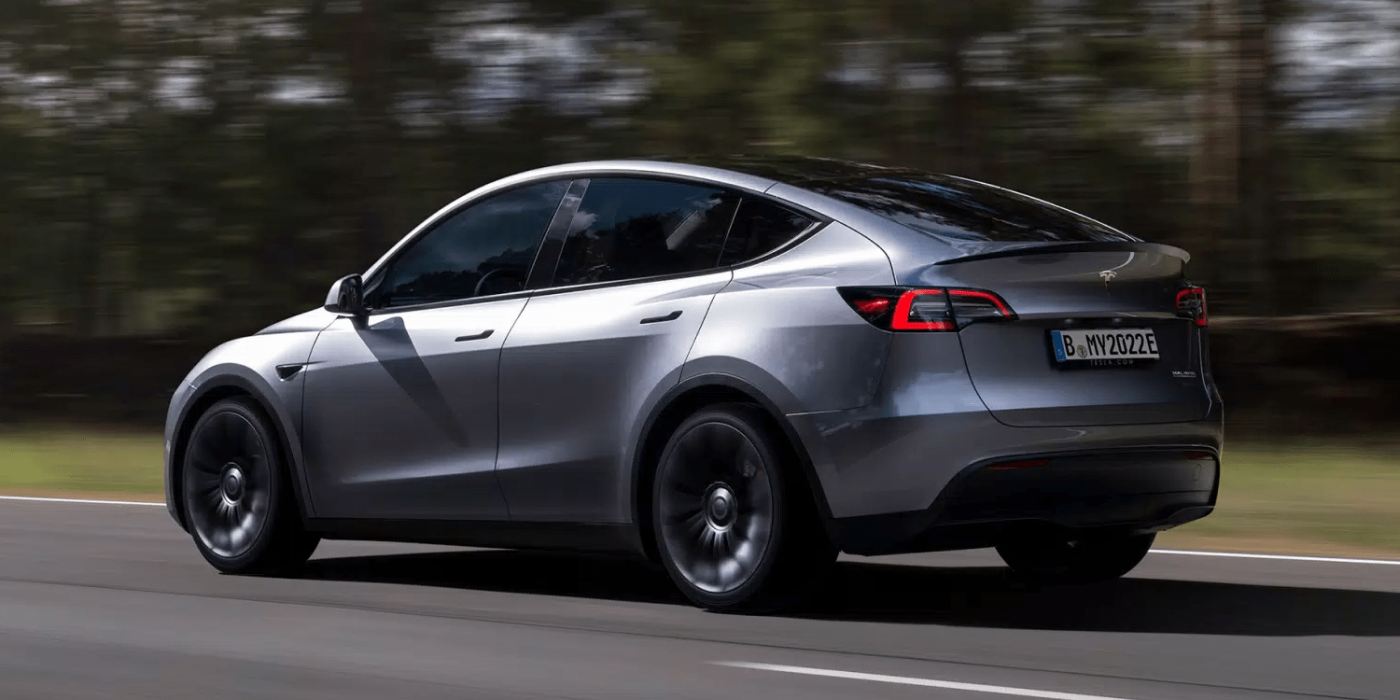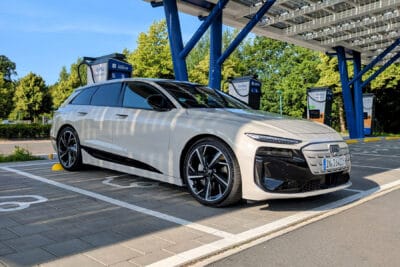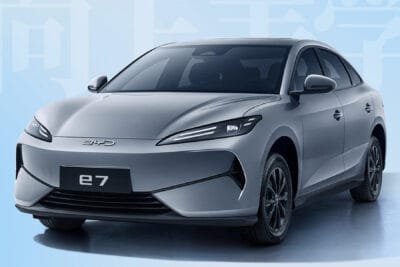Norway: 16,811 new electric passenger cars in March
With a market share of 86.8 per cent, electric passenger cars saw a slight increase again in March in Norway, surpassing the result from March 2022. The Tesla Model Y was the best-selling electric vehicle by far.
After an extremely weak January and a February, which saw only little growth compared to last year, EV registrations increased again in March: as reported, there were 13,983 new electric cars in 2022, while the 16,811 units from March 2023 represent an increase of 20.2 per cent. However, due to the weak January with just 1,237 new EVs registered, Q1 2023 figures are 9.6 per cent lower YoY. In total, there were 24,231 new electric vehicle registrations in Q1 2023.
The 16,811 electric cars were joined by 837 plug-in hybrids in March (-11,6 per cent compared to March 2022). That corresponds to a market share of 4.3 per cent. Combined with the 86.8 per cent market share for BEV, 91.1 per cent of all new registrations in March had a charging port.
Across all powertrain types, 19,366 new cars were registered, up 19.3 per cent from March 2022, with hybrid cars (excluding PHEVs) up 170.7 per cent to 1,191 units. But that is likely due to the trend of hybridizing internal combustion-only vehicles. Gasoline-only cars only managed 196 registrations and a market share of 1.0 per cent (March 2022: 2.8 per cent), while the situation for diesel cars is not much better, with 331 registrations and a market share of 1.7 per cent. In Q1 2022, gasoline and diesel still had a combined market share of 6.2 per cent; in Q1 2023, the figure fell to just 3.6 per cent.
As a side effect, the average CO2 emissions of passenger cars registered in Norway in March are falling in line with the declining share of internal combustion engines: the Norwegian Road Information Agency (OFV) reports only 12.4 g CO2 per kilometre.
The electric passenger car registrations were mainly driven by the Tesla Model Y. The American manufacturer’s best-selling model alone accounted for 7,445 new registrations in March and a market share of 44.3 per cent – meaning that this model alone accounted for three times more new registrations than all non-electric cars combined.
In second place was a model with far fewer registrations in the rest of the world: the OFV recorded 1,076 examples of the Toyota bZ4X. It is followed by the all-electric Volvo XC40 (933 new registrations), the VW ID.4 (675 vehicles) and the ID.3 (603 units).
The only two models in the top ten that are not purely electric cars are the Toyota Yaris (518 new registrations) and the Corolla (466 vehicles). These are likely to be mostly hybrids, which also explains their growth in the March statistics.





0 Comments